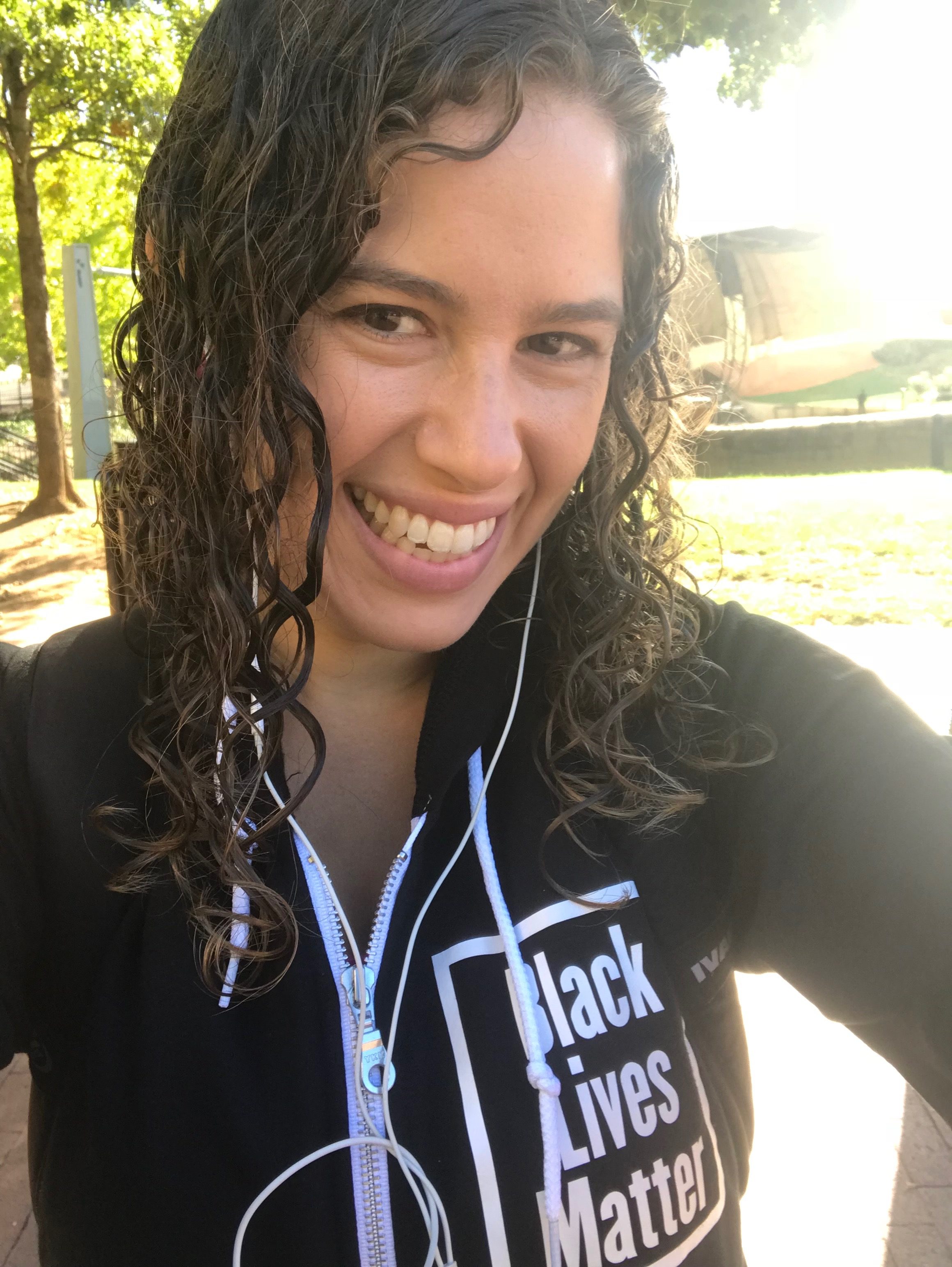I want my students to grow up valuing community. I want them to identify as members of a community, and I want them to experience the power of community as a site for developing love, health and activism. Understanding ourselves as in community with each other can profoundly affect the way we function in our professional, personal and sexual lives. However, before I can use the concept of community as an educational tool, I want to understand how this value manifests in my own life.
These days, I think a lot about what it means to be growing up. The gendered aspects of growing up are the first to pop out at me, but that’s another blog post. Lately, I’ve been hearing a lot of friends talking about wanting to achieve something they call independence. What is this independence of which you speak, and what makes it so cool? I seem to remember talk of such a thing back in high school, when I wanted to start buying my own clothes and driving myself around. But these days, I will only go clothes shopping with my mom, and if I can’t get a ride with friends then I just take public transit.
I enjoy these acts of dependence. The concept of dependence has been pathologized — if I wrote here that I feel dependent on a my mom, my friends, or my dating partner, many readers might judge that as unhealthy. But I do not desire independence. I am deeply connected to the people in my life, and they affect me emotionally, physically, professionally, and financially. I’m sensitive to the ebb and flow of these relationships, and I feel powerfully my potential to receive both pain and pleasure from my interactions with these people.
Wait… I started this argument with the concept of community, and now I’m at the concept of dependence. Let’s get back to community.
Just as I do not experience myself as an individual striving for independence, so too do I recognize that healthy relationships involve more than two people. All of my relationships have developed, healthy or not, in the context of a community. And just as I grow from embracing my dependence on my relationships, I believe that my relationships can grow from our mutual embracing of our dependence on community. For relationships to be healthy, the community that supports them must seek health as well . . .
